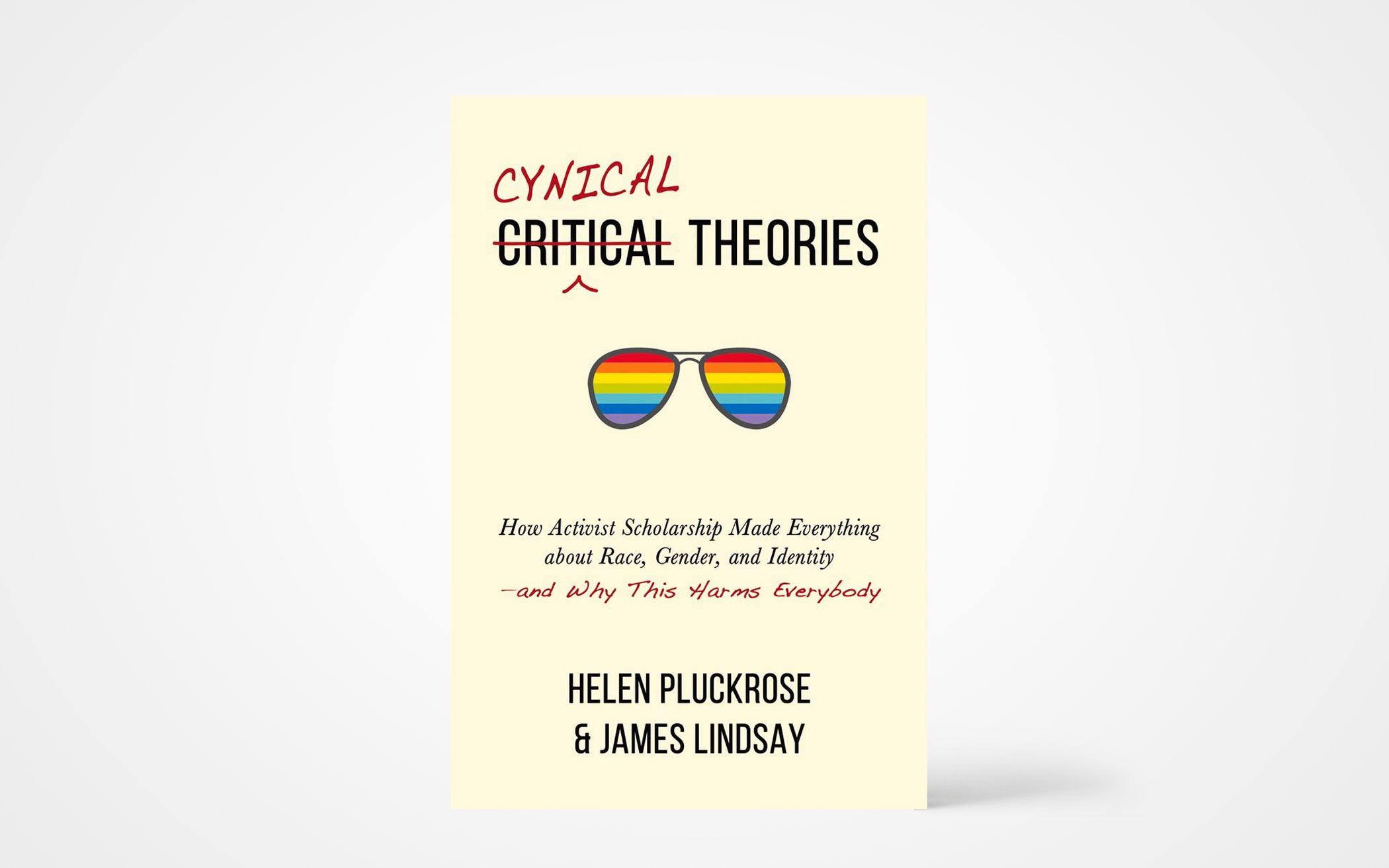Editor's Note: The Banner reviews books/items from various perspectives, including controversial ones, to foster conversations and does not necessarily endorse any of those views.
Cynical Theories is a history of the ideas that underlie what is commonly known today as the social justice movement. Beginning with postmodern skepticism of objective knowledge in tandem with the focus on structures of power, authors Helen Pluckrose and James Lindsay show how these coalesced into a critical “Theory” that has been “the driving force of the culture war” in the past decade. In short, Theory says society is undeniably structured into specific but invisible identity-based systems of power and privilege.
Instead of groaning over entertainers canceled or products recalled because of outcries, Pluckrose and Lindsay write for the armchair thinker who wants to understand the ideas behind “cancel culture” and identity politics. They cover the intellectual background: Postmodernism, Foucault, Derrida, and Lyotard provide the groundwork for the claims of those such as Robin DiAngelo, Judith Butler, and Kimberlé Crenshaw. They give a chapter each to how Critical Theory has manifested as postcolonial theory, queer theory, critical race theory, and gender studies. Another chapter shows how Theory also has produced disability and fat studies. In this chapter, the authors contend that people with treatable disabilities and mental illnesses are being told they should celebrate these as identities, while health science findings about caloric intake and exercise are to be rejected as fat hatred.
Noticeable are the religious qualities that Pluckrose and Lindsay use to describe the movement. The postmodernism that overthrew the likes of Christianity and Marxism has “replaced them with a new religion of its own.” Theory is a “firm conviction associated with religious adherence.” The ideology has an “orthodoxy.” Social justice has “gospel” texts. The authors compare rejection of disagreement to the religious encountering disbelief: “If you don’t believe, you haven’t read the holy text properly or you just want to sin.”
The authors are careful to acknowledge the ongoing problems of racism, sexism, and homophobia (see their “principled opposition” examples in the last chapter). Nevertheless, they are vigilant critics of “Social Justice” ideology and its underlying Theory. As they put it, “we find ourselves against capitalized Social Justice because we are generally for lowercase social justice.”
The authors are liberals in the classic sense of the word. In their final chapter, they offer “liberalism” as an alternative to Theory and Social Justice scholarship. They value a diversity of ideas and disagreements for testing new theories. Einstein’s relativity could not have superseded Newtonian mechanics if it were forbidden to criticize Newton’s ideas. Labeling disagreement as “fragility” or “willful ignorance” or “privilege preserving epistemic pushback” simply hides the weaknesses of Theory. The authors believe in human progress, individual liberty, attainable objective knowledge, human dignity and rights common to all people. They vigorously oppose the Theory that all knowledge is bound up in power structures, group identities, victimhood, and cynicism of progress.
As Christians, we already have absolute truth in the life, death, and resurrection of Jesus Christ. He will return to bring ultimate justice and righteousness for the whole earth. As such, we are wary of any other theory—Social Justice or classically liberal—expecting absolute allegiance. Cynical Theories will be a helpful read for those who scratch their heads when people claim that math is sexist and racist or that hearing implants are genocide of the deaf. For Christians, Cynical Theories offers a critical look at one Theory that commands absolute allegiance of many in our time. (Pitchstone Publishing)

